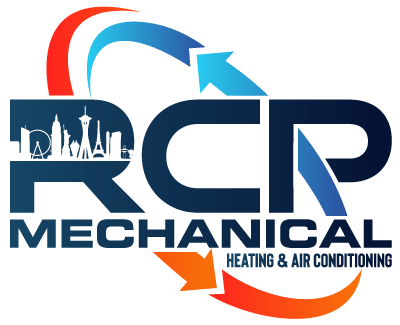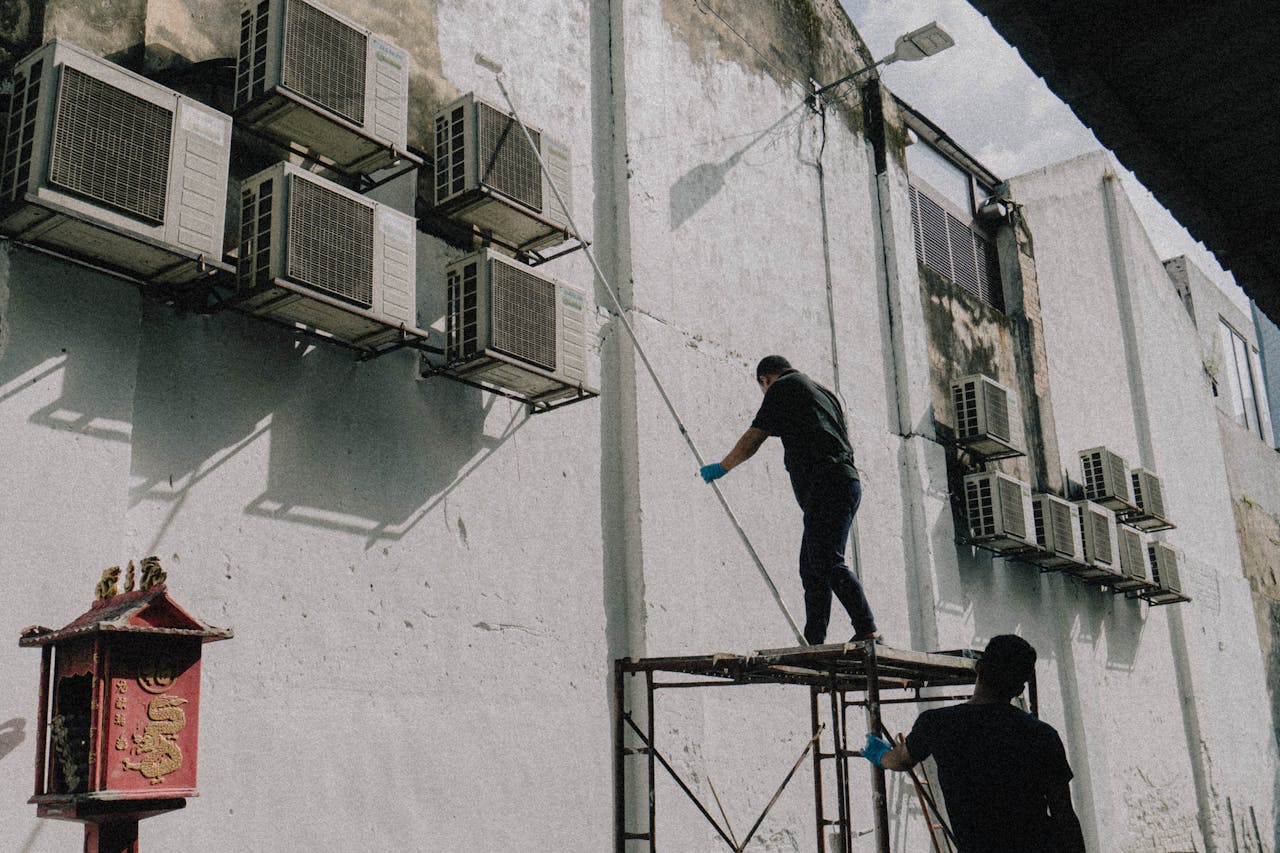HVAC systems are essential for keeping our homes comfortable, especially during extreme weather. But when your system starts making strange noises, it can be more than just a nuisance. Those sounds might be trying to tell you something about the health of your HVAC system. Ignoring them could lead to bigger problems down the road.
Common noises from an HVAC system include banging, clicking, or whistling. Each of these sounds can have a different cause and might indicate various issues. Recognizing these noises early allows you to address the problems before they become major headaches.
Understanding why these noises occur can help you take proper action. It could be something as simple as a loose part or something more serious like airflow issues. By identifying the source, you can maintain a quiet home and ensure your HVAC system runs smoothly and efficiently. Addressing these issues promptly can save you time and money in the long run.
Common Noises and Their Meanings
HVAC systems can make a range of noises that signal different things about their condition. Understanding these sounds helps identify potential issues before they turn into major problems.
Banging is a noise often heard when an HVAC system has loose parts or components striking against each other. This could mean parts like the blower motor or fan have become detached. Clicking sounds usually occur when there’s an electrical issue or a part constantly switching off and on, indicating a potential problem with relays or thermostats.
Whistling noises typically point to airflow issues, such as blocked vents or ducts, causing the system to struggle to circulate air. Furthermore, a high-pitched squeal might suggest a belt or motor bearing is worn out and needs replacement.
By listening to these sounds, homeowners can act promptly to mitigate any issues, preventing further damage to the system or costly repairs. Recognizing these noises early can keep your HVAC running efficiently and extend its lifespan.
Mechanical Issues Behind the Sounds
Various mechanical problems can cause unusual noises in your HVAC system. These problems often serve as warning signs that things need attention before a failure occurs. Here are some mechanical issues that might lead to distinctive sounds:
1. Loose Parts: Components such as screws and bolts may come loose over time, creating rattling or banging sounds.
2. Broken Components: Pieces like fan blades or belts might break, which can result in buzzing or grinding noises.
3. Fan Issues: A faulty blower fan can cause repetitive clicking noises or even sound like something is stuck.
Each of these mechanical problems can lead to noise and affect the system’s performance, potentially leading to breakdowns if not addressed. For example, a grinding noise could mean a failing motor, which impacts the whole system’s efficiency.
By tackling these mechanical issues promptly, homeowners prevent more significant failures and maintain a comfortable indoor environment. If any unusual sound persists, it’s important to consult with HVAC professionals to diagnose and fix the root cause properly.
Ductwork and Airflow Problems
Strange noises from your HVAC system might not just be from the mechanics; they can also originate from issues with the ductwork or airflow. Whistling or hissing sounds typically suggest an airflow problem. This can happen if the ductwork is too small or if there’s a blockage somewhere along the lines. When air struggles to pass through the ducts efficiently, it can make various odd noises that are hard to ignore.
Rattling or banging sounds might point to loose or detached air ducts shaking during system operation. This can cause vibrations and resonance that transform into loud bangs. It’s essential to inspect ductwork connections and supports to see if anything needs securing. Ensuring all parts are tightly fastened can minimize these disturbances and maintain system efficiency.
To address ductwork problems effectively, regularly inspect visible ducts for obvious issues like dents or leaks. It’s also beneficial to hire a professional for a thorough inspection, as they can access areas you might miss. Proper duct sealing and cleaning can prevent these noise issues and enhance your HVAC system’s overall performance.
Importance of Timely Maintenance
Regular maintenance is crucial to keeping your HVAC system quiet and efficient. Catching potential problems early can prevent those annoying noises from developing into severe issues. A well-maintained system runs smoother with fewer chances for components to become loose or fail, which can lead to noise.
Homeowners can take simple steps to help reduce noise issues. First, make sure to change the air filters regularly. Dirty filters can restrict airflow and cause the system to work harder, creating more noise. Checking around the unit for any loose panels or screws can also help keep things quiet. Tightening any loose parts ensures they won’t vibrate or rattle during operation.
Schedule professional maintenance at least once a year. A technician will clean and inspect internal parts, lubricate moving components, and check the duct system to ensure everything is secure and free from obstructions. This preventative care helps keep your HVAC system working reliably and quietly.
Conclusion
Understanding the noises your HVAC system makes is the first step toward keeping it running smoothly and quietly. Whether the sounds stem from mechanical issues or ductwork problems, addressing them quickly can prevent bigger headaches down the road. Regular maintenance and being alert to changes in your system’s sounds can save you time and money while ensuring your home stays comfortable.
If you’re experiencing persistent HVAC noises and need professional assistance, don’t hesitate to contact RCP Mechanical LLC. Our team is ready to diagnose and resolve any concerns you have about your HVAC in Las Vegas, ensuring your system runs efficiently and quietly. Contact us today to schedule your maintenance or service appointment!

